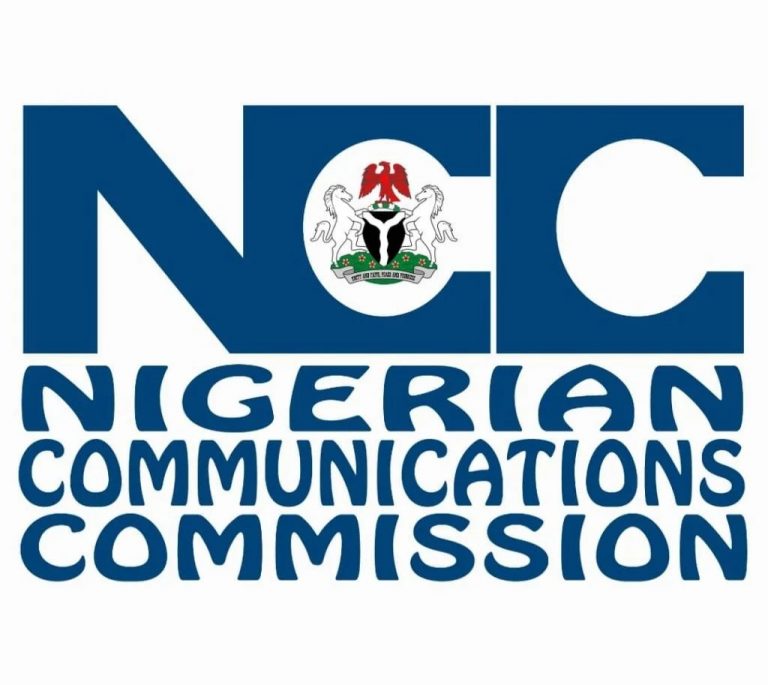Communication
Are AI ChatBots Posing A Threat To The Nigerian Economy?

Artificial Intelligence (AI) has rapidly evolved in recent years and has become increasingly integrated into various industries, including Nigeria’s economy.
One type of AI is chatbots like ChatGPT, which are becoming more common in customer service and other industries.
While AI can have numerous benefits for businesses, there are also concerns about the potential threat it could pose to the Nigerian economy.
WHAT IS CHATGPT?
ChatGPT, which is a combination of ‘Chat’ and ‘Generative Pre-Trained Transformer’ – a complex neural network based on the revolutionary attention concept – is a chatbot inaugurated in November 2022 and built on top of OpenAI’s GPT-3 family of large language models. According to its manufacturers, it has been fine-tuned using both supervised and reinforcement learning techniques.
One of the main concerns is that AI chatbots could replace human customer service representatives and other workers, resulting in job losses.
This is particularly concerning in Nigeria, where the unemployment rate is already high, and the economy is struggling to create new jobs.
If more businesses in Nigeria adopt AI chatbots, there could be a further loss of jobs and reduced opportunities for people who rely on employment in these sectors.
Additionally, there is a fear that AI chatbots could exacerbate the economic inequality in Nigeria. If businesses use AI chatbots instead of hiring human workers, it could lead to further concentration of wealth in the hands of the few who control these technologies.
This could also lead to a concentration of tech jobs in major cities, further marginalizing people in rural areas who may not have access to education or technology to take advantage of the new opportunities.
However, AI chatbots also have the potential to improve the Nigerian economy by increasing efficiency and productivity. With more efficient customer service, businesses can serve more customers in less time, leading to increased revenue and growth.
AI chatbots can also help businesses reduce costs by automating repetitive tasks, freeing up resources for other purposes.
According to a software engineer and founder/Chief Executive Officer of Clamp, a software payment solution for small businesses, Mr Kelvin Bawa, in an interview with newsmen on the 12th, of February 2023, he stated that the economic value of ChatGPT to the African tech space was immense.
He said, “While it has the potential to bring about many positive economic benefits, it is important that the potential dangers are also taken into consideration, to ensure that its use is responsible and ethical. As such, it is crucial that governments and businesses in Africa take a proactive approach to regulating and harnessing the power of AI for the good of their citizens and economies.”
Bawa, however, noted that the impact of AI in the African tech space had been significant, with ChatGPT being one of the leading examples.
“ChatGPT has allowed businesses to increase their efficiency and productivity while providing a better customer experience.
“Furthermore, ChatGPT is also providing new job opportunities in the African tech space, as businesses look to hire experts in AI and natural language processing,” he added.
To ensure that the benefits of AI are distributed equally, the Nigerian government and businesses must take proactive measures to ensure that the adoption of AI is responsible and equitable.
Communication
Nigeria’s Telecom Market Eyes $11.43bn Value By 2029

In a significant market projection, Mordor Intelligence predicts that the Nigerian telecom sector is set to surge to a value of $11.43 billion by 2029.
The report anticipates a steady growth trajectory with a cumulative average growth rate (CAGR) of 4.70% between 2024 and 2029, based on the current market value of $9.09 billion.
The transformation of Nigeria’s telecom landscape, fueled by government initiatives to boost internet infrastructure and broadband connectivity, coupled with rising data consumption, 5G deployments, and innovative strategies from major telecom players, is expected to drive this substantial market expansion.
The report underscores additional factors propelling the growth of Nigeria’s telecom sector, emphasizing the surge in smartphone adoption.
the report said “Increased smartphone adoption in Nigeria has fueled the development of a dynamic digital services sector. Currently, millions of Nigerians use mobile apps, including social networking sites, e-commerce, and financial services.
“These apps could leverage smartphones’ capabilities to offer speed, convenience, and efficiency, encouraging more people to invest in smartphones.
“In addition to these expansions and collaborations, the growing adoption of digital technologies and government support in aiding the same alongside the 5G technology implementation across the country is analyzed to boost the demand for telecom towers significantly.”
“In addition to these expansions and collaborations, the growing adoption of digital technologies and government support in aiding the same alongside the 5G technology implementation across the country is analyzed to boost the demand for telecom towers significantly.”
Mordor Intelligence highlights that the flourishing e-commerce and digital service platforms in Nigeria are significant drivers behind the escalating demand for dependable telecom services in the country.
Communication
MTN Set To Partially Disconnect Glo Network

The Nigerian Communications Commission (NCC) has granted MTN’s request to partially disconnect Globacom (Glo) from its network owing to unsettled interconnect charges.
Reuben Muoka, the NCC’s Director of Public Affairs, disclosed this in a document named ‘Pre-Disconnection Notice’ on Monday.
The move follows Glo’s persistent failure to clear its outstanding debts despite multiple attempts to resolve the issue.
Under this partial disconnection, Globacom subscribers will solely receive calls from MTN users, while retaining access to other network services like outgoing calls to other networks and data services.
However, they won’t be able to initiate calls to MTN users during this period.
The statement read, “All subscribers are, therefore requested to take notice that the Commission has approved the Partial Disconnection of Globacom to MTN in accordance with Section 100 of the Nigerian Communications Act, 2003 and Paragraph 9 of the Guidelines on Procedure for Granting Approval to Disconnect Telecommunications Operators, 2012.
“At the expiration of 10 days from January 8, 2024, subscribers of Globacom will no longer be able to make calls to MTN but will be able to receive calls.
“The Partial Disconnection, however, will allow in-bound calls to the Globacom network,” it added
Communication
Despite Hardship Nigerians Spent N3.33tn On Calls, Data In 2022

Nigerian telecommunication users, along with others within the country, expended a total of N3.33 trillion on various telecom services such as calls, data, SMS, and more throughout 2022, according to the Nigerian Communications Commission (NCC).
This information comes from the recently published ‘2022 Subscriber/Network Data Annual Report’ by the NCC, which also revealed that telecom companies generated N3.33 trillion in overall revenue for that year.
The report further highlights a noteworthy growth of active voice subscriptions, rising from 195,463,898 subscriptions in 2021 to 222,571,568 by December 2022, marking a 13.86% year-on-year increase.
Commenting on the increase, it said, “The increase in the Operators’ subscriber base was attributed to a number of reasons which includes subscriber loyalty, promos, seasonal effects, aggressive consumer acquisition drive, and competitive product offerings across all the networks.”
It noted that the growth in active subscriptions impacted positively on other derived telecom indicators such as teledensity, Internet penetration as well as broadband penetration.
Data usage also continued its surge in 2022. It increased by 46.77 per cent to 518,381.78TB as of the end of the year.
The NCC stated, “There was an increase in the volume of data consumed at the year-end December 2022 when compared with the year-end December 2021.
“The total volume of data consumed by subscribers increased to 518,381.78TB as of December 2022 from 353,118.89TB as of December 2021. This represents an increase of 46.77 per cent in data consumption within the period.”












